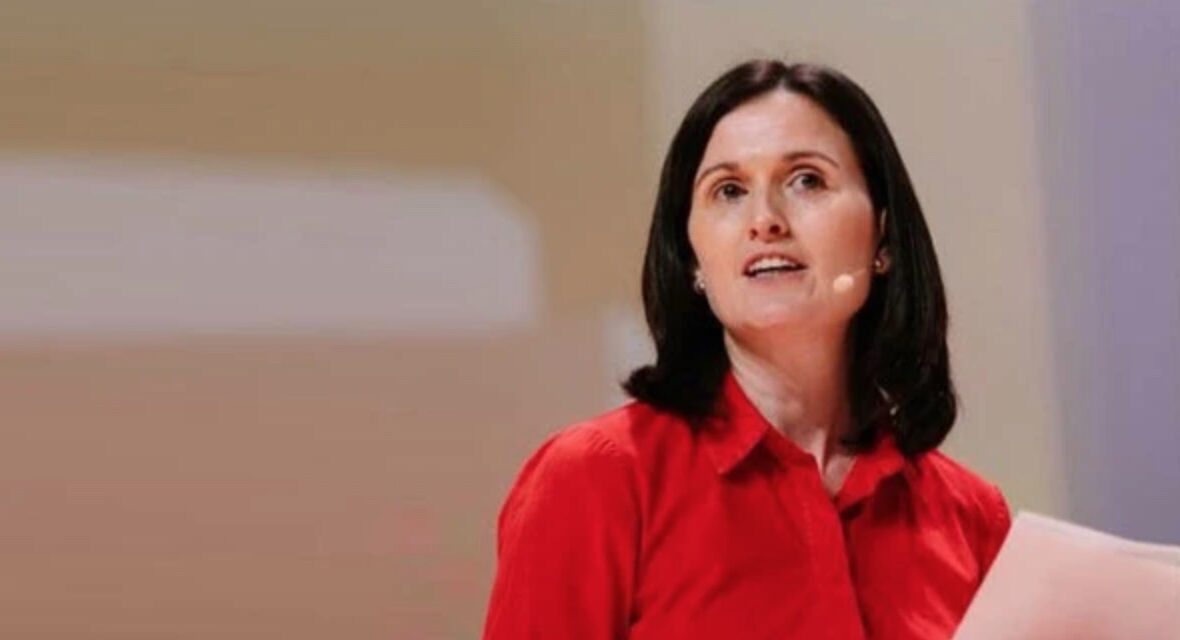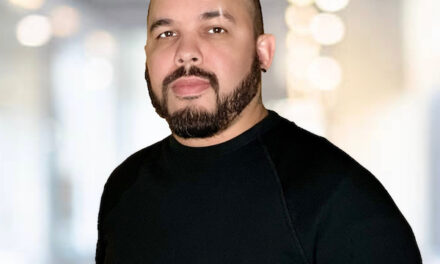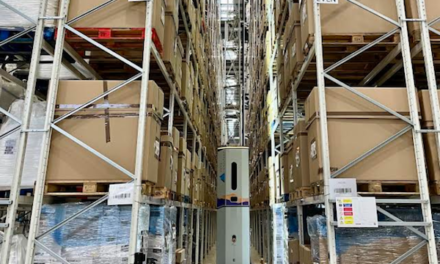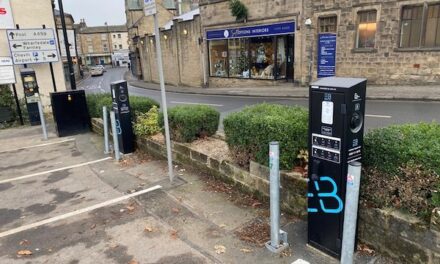Member of the World Economic Forum and globally recognised transport speaker, Alice Charles, is a vocal advocate for electric transport and smarter cities. In this exciting interview, learn all about smart cities and the role of sustainability in urban development schemes.
What are the key traits of a ‘smart city’?
“A smart city? It’s not a new term, it’s been around for about 15 years, and it really came from technology companies rather than cities themselves. So, technology companies developed widgets and gadgets they thought they could sell to cities to help them deliver better services for their citizens and create a more efficient city administration.
“I think what we’ve seen over that period was a plethora of pilot projects being rolled out in cities across the world, but around three-quarters of those did not get to scale. So, what we do know is that the invention of ‘smart cities’ was not successful because the widgets and gadgets that companies were looking to sell to cities were not necessarily what the city wanted.
“Whilst problems may be similar in cities across the world, context matters. So, you need to understand the local context, the unique context of that particular city, the unique needs of its citizens, and the unique needs of the city administration to come up with technological solutions.
“I guess what has happened in the last few years is that we’ve seen the term ‘smart cities’ die away quite a lot, and instead we have seen the technology industry shift, which I would argue is in the right direction – they need to focus on an outcome-based approach.
“Technology is not a silver bullet to fix a city’s problems. So, if a city, for example, wants to be net zero carbon by 2050 – and we saw at Cop26 many cities committing to that – technology solution providers must create technology to help them get there.
“That can involve digitalizing the electricity grid system, for example, it can mean using smart building technology systems or intelligent building technology systems to watch energy use within a building, and also to check health and wellbeing. Different solutions apply to the outcomes that the city is looking to achieve.
“What we’re saying within that is each city needs to understand what it is they’re looking to achieve for their citizens and their administration and look at the unique capabilities provided by digital technologies to help them get there. Also, think about the strategic role of data, as it can help you make evidence-based decisions.
“I think what we need to see is both the city taking leadership and ownership, and also see the technological sector focus on an outcome-based approach where they’re first asking the city, what do you need for your citizens and administration? And then tailoring the solutions to help with those needs.”
What role does sustainability play in urban development schemes?
“ESG has a major influence. So, if you’re a real estate developer and you want to attract finance to develop a project, investment must be made in line with ESG – and it’s fair to say that most of the emphasis is on the ‘E’ rather than the ‘S’ and the ‘G’ at the moment!
“I think over time, we will probably see a greater emphasis on the ‘S’ and the ‘G’. So, if you’re a developer with access finance, you need to be acting on climate and sustainability.
“That’s the first thing that’s sort of setting the focus, realising that they need to do better. The second is that the city or the national government is creating policies, that’s part of this agenda to get to Net Zero by 2050 at the very latest, and many are much more progressive than that. So, policy is requiring development to correspond with the Net Zero agenda.
“And the third thing is that occupiers are asking for action on sustainability, but also at the moment, we find a huge emphasis on health and wellbeing and the two can work together.
“So, you have investors, policymakers, and indeed, your future occupiers all asking for a greater focus on sustainability.
“Developers are very much focused on how they can address sustainability as part of their development project. They’re looking at how you can create more sustainable mobility, how people can walk and cycle to their buildings, how they can access public transport.
“But they’re also looking at more sustainable sources of energy, for example, for that building or buildings, and how they can reduce water use. So, I think it’s a huge part of the agenda because investors are demanding it, policy makers are demanding it, and the occupiers are demanding it, too.”
How are smart cities more accessible for a diverse population?
“I think one of the things that Covid-19 has done is it’s managed to shine a light on some of the inequalities that already existed within our cities. It’s fair to say that many of those challenges were actually chronic challenges that existed before, but we’ve managed to see them to a much greater extent during Covid-19.
“So, in terms of thinking about how you create a city that is more inclusive and more accessible, you need to think, ‘who are the vulnerable groups within my city that potentially could be excluded?’.
“For example, that could be women, that could be people from the LGBTQ+ community, that could be disabled persons, that could be migrants.
“There are people who are basically priced out of the market in urban areas. They’re living very much in the periphery or have a long journey from the city, and they’re spending huge amounts of time commuting long distances. They may have young families, they’re not concentrating on their health, they have high levels of stress. They don’t have access to employment opportunities.
“You also have digital exclusion. And we’ve really seen that from Covid-19, where, for example, education went online, and many children just didn’t have access to the software, or the hardware required for them to access education.”
This exclusive interview with Alice Charles was conducted by Jack Hayes.









